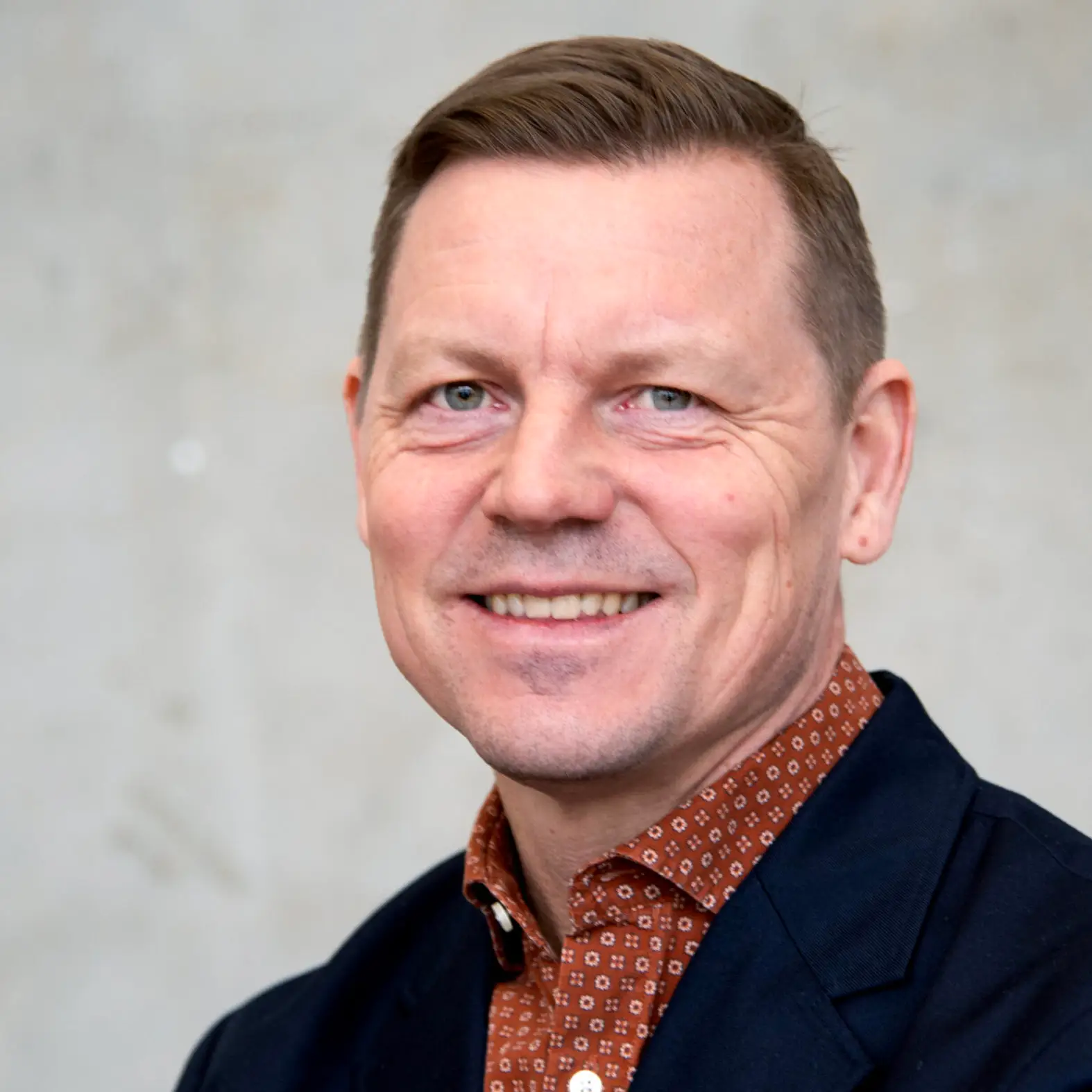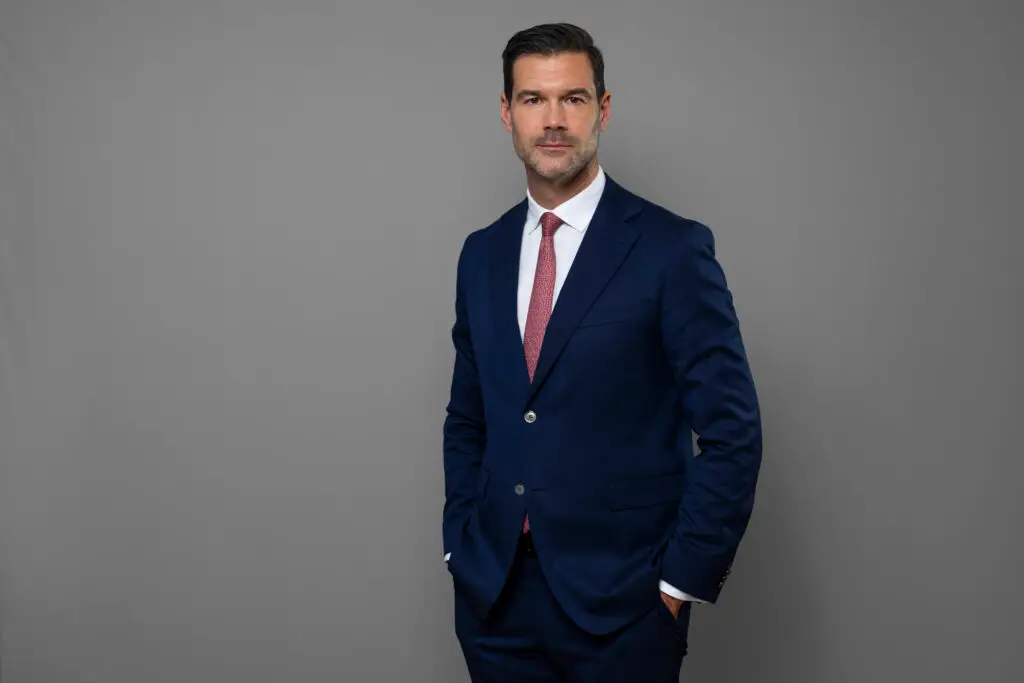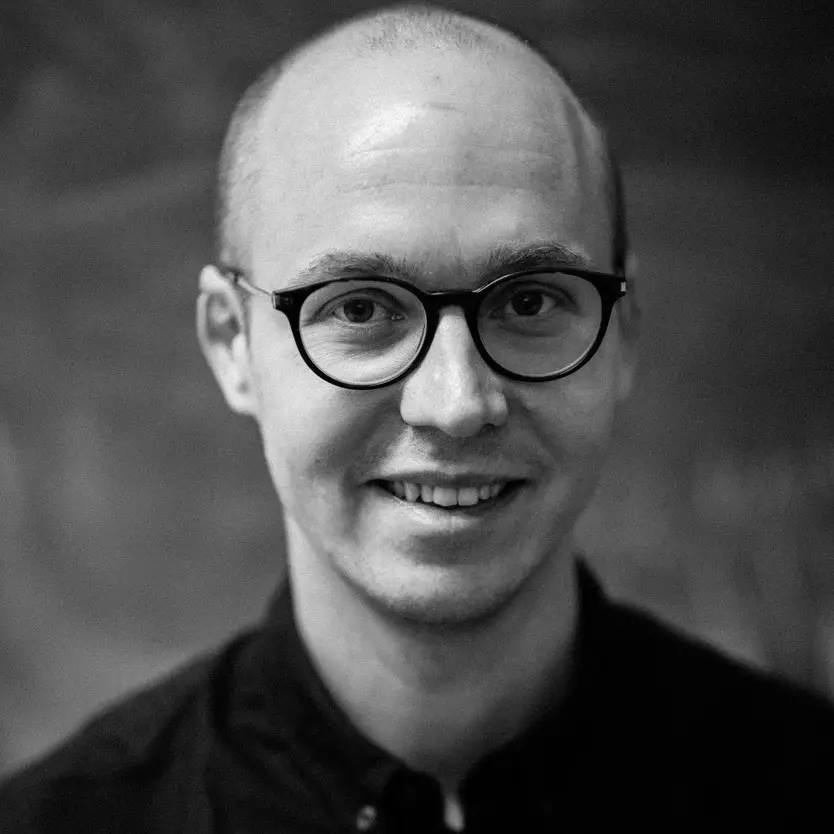I was born in Graz, the second largest city in Austria. Coming from a non-academic family background, my initial approach to education wasn’t very strategic. I studied at the University of Graz simply because it was my hometown. And since I always had to work during my studies, moving to a different city or country wasn’t on my radar at all. After finishing my master’s degree, I was offered the possibility to write my doctoral thesis as part of a research project at the Department for Philosophy in Graz. In a way, this really came as a surprise: The idea of an academic career had never even occurred to me up to that point.
Although I would say that I got a reasonably good education in philosophy (with a strong focus on formal aspects), I was unbelievably naïve about the business side of academia at the end of my PhD. For instance, since none of my teachers was very active on this front, I simply had no idea how publishing in journals works, what peer review is, how a research paper is structured. Also, my English wasn’t very good because all of my education up to this point had been in German—when I studied in Austria, almost everyone working at the department was Austrian, many of them had spent their entire professional lives at one and the same institution.
Looking back, my luck was that a new professor from abroad was hired at my department when I was about to finish my PhD (much to the horror of the existing faculty, I should add). Since I had a car, the new professor asked me if I could drive him to IKEA to buy some furniture. On the way we talked about careers in academia and he told me straight to my face that I would stand zero chance on the job market without international experience. Although I was dumbfounded first, I got the message. I started to apply internationally and was lucky enough to land my first Postdoc gig at the University of Toronto.
More people with diverse academic backgrounds resulted in better research networks. Better research networks resulted in better publications. Better publications resulted in more third-party funding.
I eventually spent almost four years of my career in North America, first in Canada and then, years later, in the USA at Stanford. It is hard to overestimate how important these years were for me: In part, this had to do with the fact that both Toronto and Stanford are excellent departments with vibrant philosophical communities and outstanding students.
Even more importantly, however, I realized how different university systems (sometimes even within one country) can be and how important it is to operate under a clearly communicated set of rules. Entering a new system always means to adapt to a new way of doing things. Yet, this adaption process will only be successful if there is a way for newcomers to figure out what the rules actually are. Even though North American academics sometimes have the tendency to think of their way of handling things as the only reasonable one, I always felt it comparatively easier to find my way around in the US or Canada, and I think this had to do with more international and open outlook at places like Stanford or Toronto. Of course, financial resources also play a role, but generally speaking I would say that the main factor is a mindset of welcoming diversity and seeing change as an opportunity and not as a threat.
After some years in North America there was a job opening for an assistant professorship at my alma mater. I applied and was offered the position. Returning to Austria was an interesting experience because my old department had changed dramatically in the meantime. Apart from an obvious increase in quality both in teaching and research, the most significant change was a much stronger sense of internationality: About half of the faculty was now from outside of Austria and it was completely normal to switch to English as a working language.
To be sure, these changes were not greeted with enthusiasm by everyone. However, the advantages of the new department culture were just too obvious to ignore: More people with diverse academic backgrounds resulted in better research networks. Better research networks resulted in better publications. Better publications resulted in more third-party funding. More third party-funding resulted in more people with diverse academic backgrounds. What is more, the increased diversity at the department also had a positive impact on the student body: Apart from more international students, the number of female students on all levels went up, most likely due to a better gender ratio among faculty members.
What had changed during my absence? Well, to begin with, there were certain much-needed adaptions to the legal framework. For instance, it became much harder (and for most positions in fact impossible) to hire someone from within the same institution—a university career without exposure to other academic cultures was more or less a thing of the past, and this was instrumental for a more fundamental change in the overall mindset. In my view, what makes the transition into a new work environment so rewarding is that it teaches modesty. Not knowing one’s way around makes one feel clueless again, and this is an extremely important lesson, especially for professional know-alls like us. If everyone has made this experience at some point in their professional life, then there is more awareness for the struggles of newcomers. As a result, rules are communicated more clearly and people become more alert to parochial behavior of all kinds.
It is one of the great things about the Swedish system that decisions are made in a much more democratic way, and that people tend to take academic hierarchies less seriously.
In 2019 I was offered a position as professor at Linköping University. I also had a second offer from Germany, and some of my friends and colleagues never quite understood why I decided in favor of Sweden. Apart from personal reasons, a huge factor in my decision had to do with the promise of flatter hierarchies and the interpretation of what a professor is. In the German-speaking world, a professor is a chairholder who represents an entire area of expertise and to whom additional academic positions are attached. As a result, there is a much higher concentration of institutional power, and I always found this to go against pretty much everything that makes science great. As an untenured young lecturer you better think twice before you speak out against “your” professor who will sit on your tenure committee and may decide over your professional future. It is one of the great things about the Swedish system that decisions are made in a much more democratic way, and that people tend to take academic hierarchies less seriously. The respect you earn should be a result of your actions, not your title.
Another aspect I really appreciate about the Swedish university system is the number of women in leadership positions. I remember quite well that there was a series of photographs depicting all previous full professors—exclusively white men, of course—hanging on the wall of the main lecture room at my former home department in Austria. In light of the available psychological and sociological data about the importance of role models for the representation of minorities in science, I don’t have to emphasize how counterproductive this manifestation of white philosophical maleness is. Being a female student at a Swedish university, on the other hand, you will witness a much fairer amount of strong women who exemplify that gender is not a relevant factor for success in science. Since diversity has always been a huge boost to scientific progress, this is an undeniable advantage.
Another aspect I personally find very important that the personal well-being of employees is taken more seriously than in any other country I’ve ever worked in. Although, as a recent study by SULF has shown, precarious employment, fixed-term contracts and the pressure to acquire third-party funding are a serious problem here as well, I find the situation in Sweden still comparatively better than, for instance, in North America. I remember quite vividly a conversation with a graduate student at Stanford who told me that she was ridiculed by her fellow students because she went on a weekend trip with her boyfriend who lived at the other end of the continent and who she only saw a few times per year. Not working weekends was apparently perceived as a lack of commitment, and the dark figure about the use of performance-enhancing drugs among both students and faculty at certain elite institutions tells a story of its own. At my former home department in Austria, it was completely normal to have meetings starting at 5pm in the afternoon, followed by evening lectures twice, sometimes three times a week. And once I was invited to a workshop about work/life-balance—the workshop started at 4pm in order to not disturb our working day routine. Many of these things would be impossible in Sweden, and I find this very important.
If there is one thing about the Swedish system that could see some improvement, then it is appreciation for the possible impact of international colleagues. Of course, as someone from abroad I am obviously biased. What is more, I assume that there are quite dramatic differences between different Swedish institutions, and perhaps even between different departments within one and the same institution. Finally, most of my time in Sweden has been overshadowed by a pandemic, which certainly didn’t make social life easier.
However, I still believe that more could and should be done to open the Swedish university system to new influences, to advertise job openings internationally, and to make it easier for international colleagues to find their way into the system. I feel that there is sometimes a worry about Swedish universities losing their identity, and an argument can be made that certain aspects of academic life (such as “tredje uppgiften”) require an intimate understanding of Swedish society that is hard to acquire for someone from abroad. As much as I understand the sentiment, the most serious disadvantage of isolationism is stagnation through what I’d like to call “homeblindness”: If everyone shares the same cultural background, has studied in the same system and, in quite a few cases, has spent their entire professional life in the same institution, critical distance to the way things have always being done becomes very hard. This means not only that one loses sight of the things that don’t work. It also means to lose the ability to appreciate the things that actually work well. In both cases, the result is a standstill, one of the biggest threats to science.






















